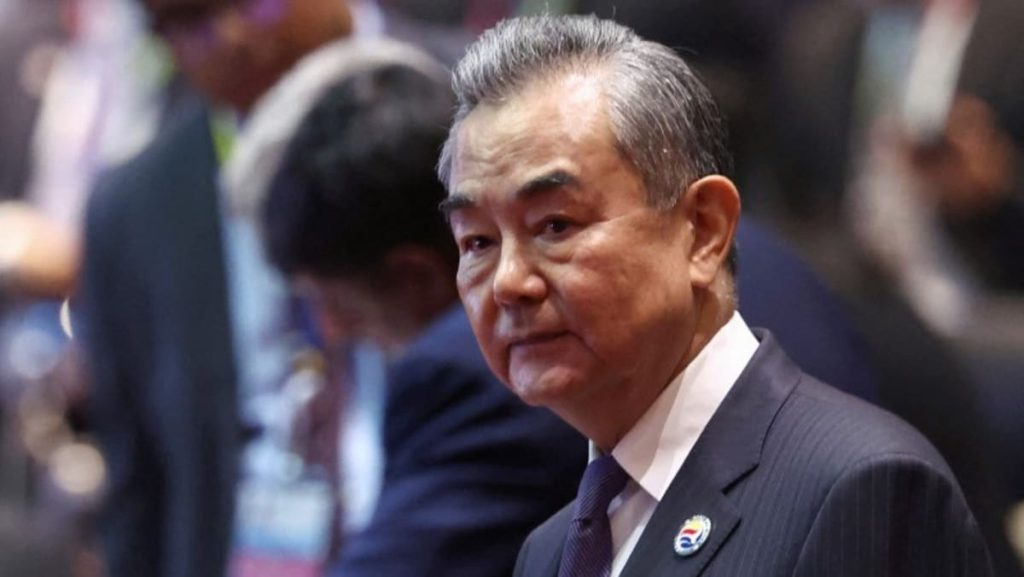Myanmar is currently facing deep division and conflict, with civilians experiencing daily bomb blasts, targeted killings, and clashes between the military and opponents of the coup. The military has admitted that it does not have full control over certain areas of the country and has resorted to activating a conscription law to bolster its ranks. Despite this, the military has announced plans to hold elections next year following a nationwide census.
Last year, the military junta banned Aung San Suu Kyi’s National League for Democracy party, which had won a landslide victory in the 2020 elections, defeating the military-backed party. The junta has justified its seizure of power by claiming massive fraud during the previous election, although these allegations have not been substantiated. The United States has criticized the junta’s plans for elections, labeling them as a “sham”, while analysts predict that holding elections under the current regime could lead to further violence and bloodshed.
Russia, a key ally of the isolated military junta, has publicly supported the generals’ decision to hold elections. This support from Russia highlights the international divide over Myanmar’s political situation, with some countries backing the military’s plans for elections while others condemn them. The deepening conflict within Myanmar has resulted in ongoing violence and insecurity for civilians, who continue to be caught up in the clashes between the military and their opponents.
The situation in Myanmar remains volatile and uncertain, with the military struggling to establish control over the country in the face of widespread opposition. The conflict has led to a humanitarian crisis, with reports of human rights abuses and atrocities committed by the military. The international community remains divided on how to address the crisis, with some countries calling for diplomatic solutions while others support the military’s efforts to hold elections.
The ongoing violence and instability in Myanmar have had a devastating impact on the country’s economy and social fabric. The conflict has displaced thousands of people, disrupted essential services, and hindered economic development. The military’s crackdown on dissent and opposition has stifled free expression and political participation, further exacerbating tensions and divisions within the country.
As Myanmar continues to grapple with the fallout from the military coup, the future remains uncertain for the country and its people. The international community must navigate the complexities of the situation and work towards a peaceful resolution that respects the will and rights of the people of Myanmar. Only through dialogue, diplomacy, and a commitment to democracy and human rights can Myanmar hope to move past the current crisis and towards a more stable and inclusive future.


